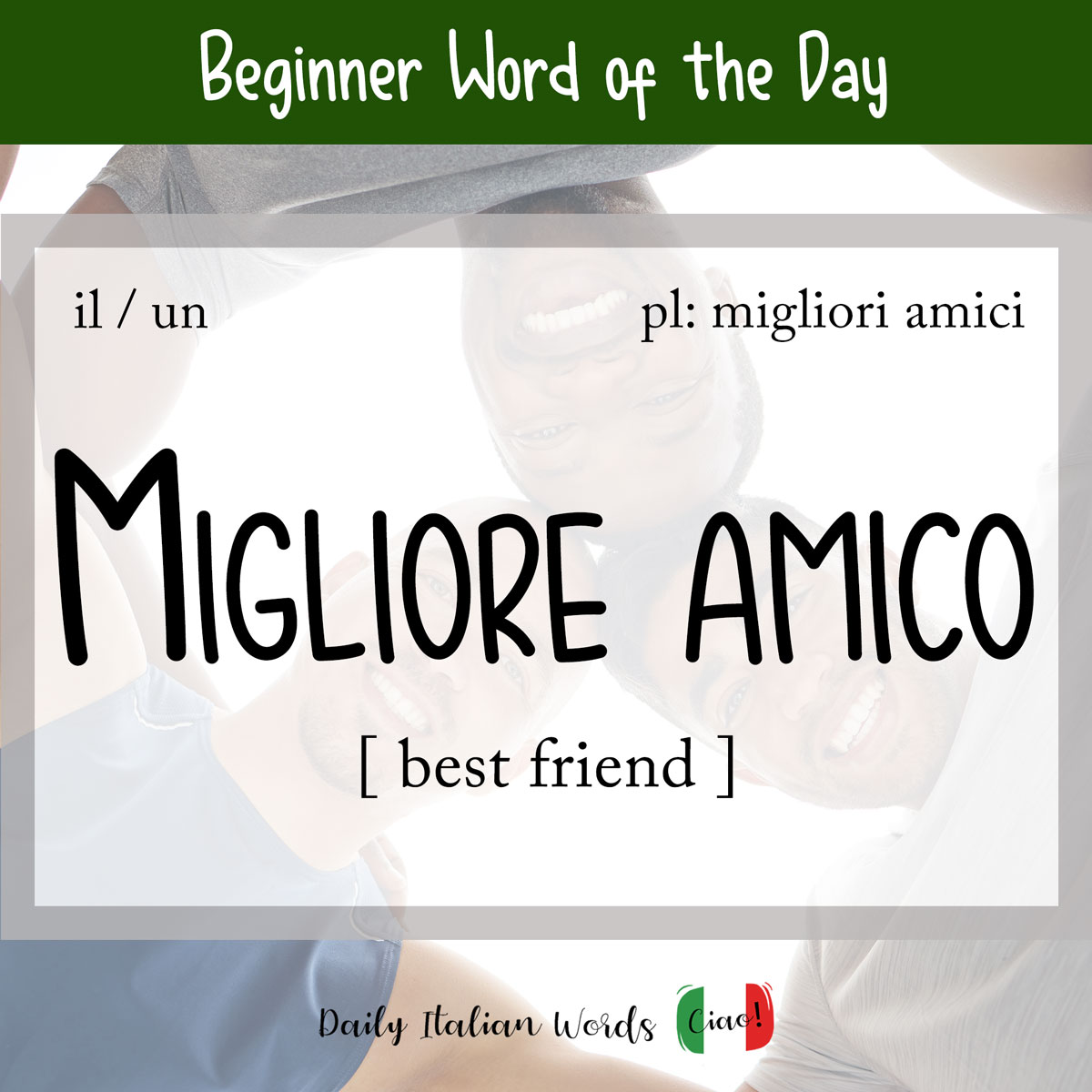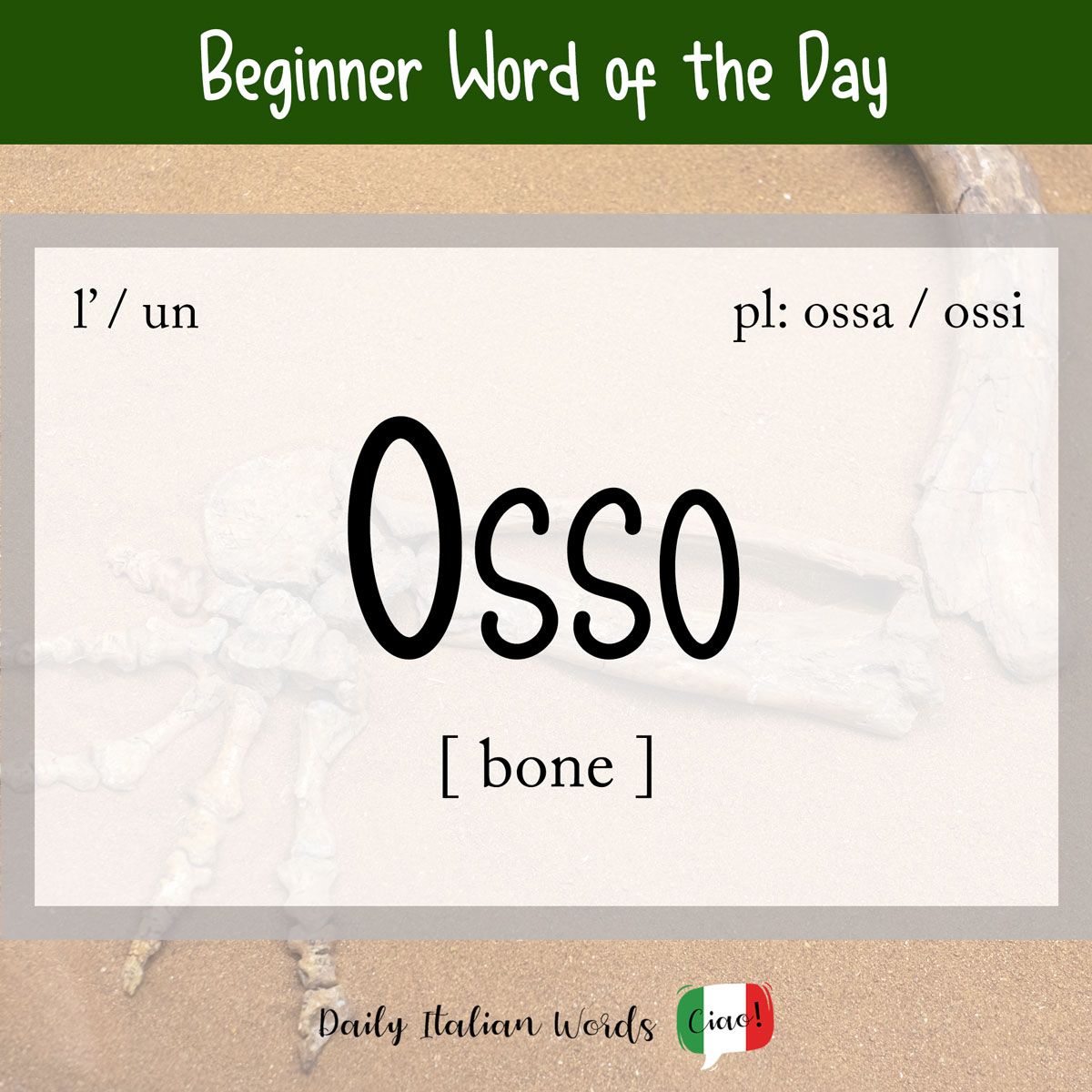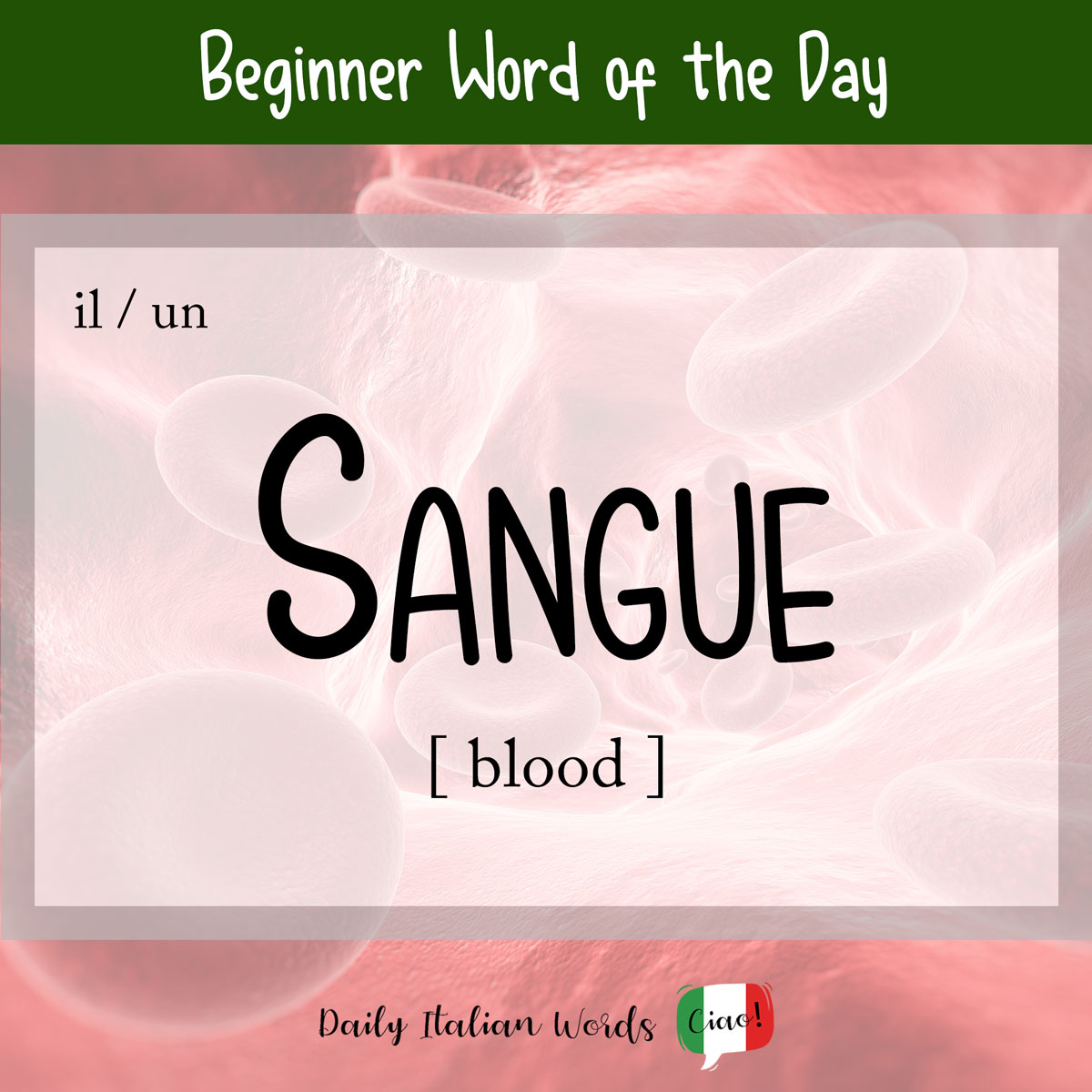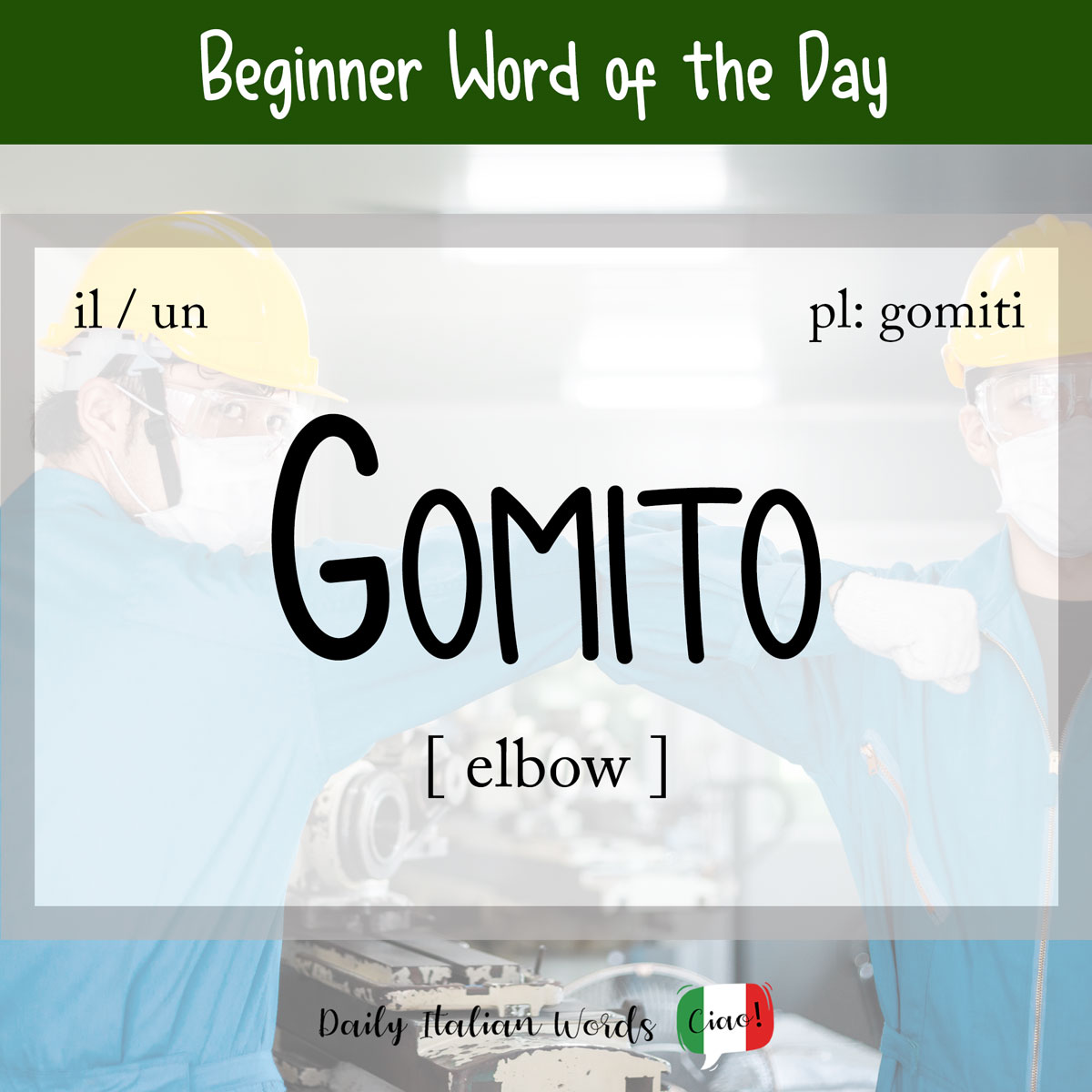Italian Phrase of the Week: La vita è bella! (Life is beautiful!)
The phrase « Life is beautiful » translates as « La vita è bella » in Italian. It is made up of the following components: La (feminine form of definite article ‘the‘) + vita (life) + è (third person of essere ‘to be‘) + bella (feminine form of bello ‘beautiful‘). It’s important to note that …






